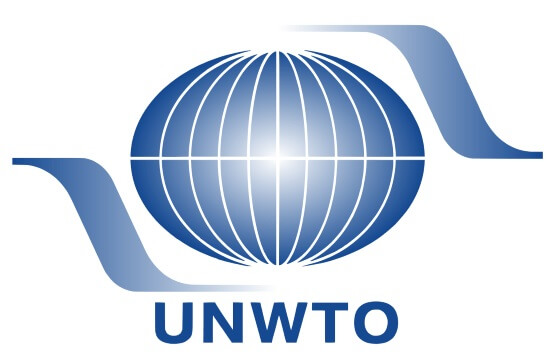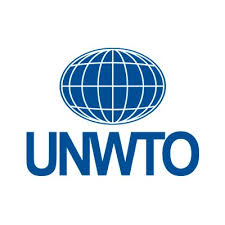
Chinese tourists spent 12% more in travelling abroad in 2016
2016 results on expenditure from major outbound markets reflect increasing demand for international tourism across the world, as reported in the latest UNWTO World Tourism Barometer. With a 12% increase in spending, China continued to lead international outbound tourism, followed by the United States, Germany, the United Kingdom and France as top five spenders.
“The latest data on outbound tourism spending are very encouraging. Despite the many challenges of recent years, results of spending on travel abroad are consistent with the 4% growth to 1.2 billion international tourist arrivals reported earlier this year for 2016. People continue to have a strong appetite for travel and this benefits many countries all around the world, translating into economic growth, job creation and opportunities for development” said UNWTO Secretary-General, Taleb Rifai.
Chinese tourists spent 12% more on tourism abroad in 2016
2016 was another strong year for outbound tourism from China, the world’s leading outbound market. International tourism expenditure grew by US$ 11 billion to US$ 261 billion, an increase by 12% (in local currency). The number of outbound travellers rose 6% to 135 million in 2016. This growth consolidates China’s position as number one source market in the world since 2012, following a trend of double-digit growth in tourism expenditure every year since 2004.
The growth in outbound travel from China benefited many destinations in Asia and the Pacific, most notably Japan, the Republic of Korea and Thailand, but also long-haul destinations such as the United States and several in Europe.
Aside from China, three other Asian outbound markets among the first ten showed very positive results. The Republic of Korea (US$ 27 billion) and Australia (US$ 27 billion) both spent 8% more in 2016 and Hong Kong (China) entered the top 10 following 5% growth in expenditure (US$ 24 billion).
Second largest market the United States maintains strength
Tourism spending from the United States the world’s second largest source market increased 8% in 2016 to US$ 122 billion, up US$ 9 billion on 2015. For a third year in a row, strong outbound demand was fuelled by a robust US dollar and economy. The number of US residents travelling to international destinations increased 8% through November 2016 (74 million in 2015).
By contrast, Canada, the second source market from the Americas in the top ten, reported flat results, with US$ 29 billion spent on international tourism, while the number of outbound overnight trips declined by 3% to 31 million.
Germany, the United Kingdom, France and Italy lead tourism spending in Europe
Germany, the United Kingdom, France and Italy are the four European markets in the top ten and all reported growth in outbound demand last year. Germany, the world’s third largest market, reported 5% growth in international tourism spending last year, rebounding from weaker figures in 2015, reaching US$ 81 billion.
Demand from the United Kingdom, the world’s fourth largest source market, remained sound despite the significant depreciation of the British pound in 2016. UK residents’ visits abroad were up by 5 million (+7%) in 2016 to 70 million, with expenditure close to US$ 64 billion.
France, the world’s fifth largest market, reported 7% growth in tourism expenditure in 2016 to reach US$ 41 billion. Italy recorded 1% growth in spending to US$ 25 billion and a 3% increase in overnight trips to 29 million.
Many more source markets report growing outbound expenditure
Among the largest 50 source markets, there were another nine that recorded double-digit growth in spending in 2016: Vietnam (+28%), Argentina (+26%), Egypt (+19%), Spain (+17%), India (+16%), Israel and Ukraine (both +12%), Qatar and Thailand (both +11%).
By contrast, outbound tourism from some commodity exporters continued to be depressed as a consequence of their weaker economy and currencies. Expenditure from the Russian Federation declined further in 2016 to US$ 24 billion. International tourism spending from Brazil also decreased in 2016.



